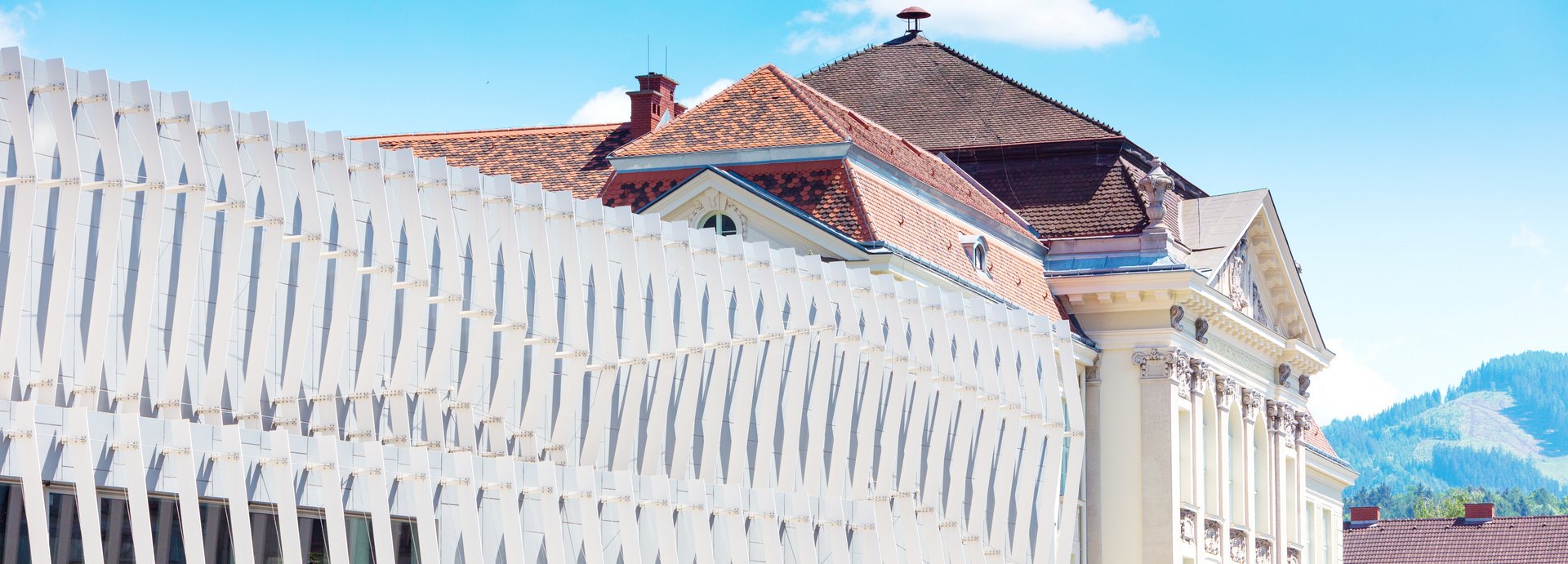The partners are looking forward to working together, combining the best know-how and practical experience to achieve outstanding results.
- Raise mining is selected to be the most appropriate solution for the environmental and technical challenges in place, offering plenty of additional advantages for a sustainable mining operation. This will create high quality jobs with the highest safety standards applied and result in a mine with the lowest possible surface impact and minimal visibility, says Michael Tost, Professor for sustainable mining technology of Montanuniversität Leoben.
The Fen deposit is situated in the Nome municipality in Telemark County in Southern Norway. Based on recent investigations made by the Geological Advisor to the County Council and the Geological Survey of Norway, the deposit is characterised as a world class exploration target for Rare Earths Elements (REE), and possibly the largest REE deposit in continental Europe. The results of the ongoing drilling programme by Rare Earths Norway supports this analysis.
Preliminary estimates suggest that the Fen deposit potentially can suppy up to 20-30% of Europe's demand for REE around 2030. The deposit contains considerable amounts of neodymium and praseodymium, which are rare earth elements used in permanent magnets. Permanent magnets are important for technological solutions required to reduce greenhouse gas emissions, for example as crucial components in wind turbines and in EV motors. Development of the Fen deposit will strengthen the European resilience within critical minerals and thus economic stability, and ensure that the supply is based on high level sustainability standards.
One of the key success criteria and competitive advantages of the Fen deposit is its proximity to an existing and potentially complete value chain for mine-to-magnets. The Herøya Industrial Park, one of the largest industry clusters in Norway, is located only 35 kilometres from the mine. The cluster already possess the knowledge and capacity needed to process raw materials, in addition to being close to shipping routes to Europe. Deposits located close to existing industrial ecosystems and renewable energy supply are ideal for ramping up activity while maintaining the lowest environmental footprint technologically feasible.
Rare Earths Norway has a high focus on Sustainable Mining of the world class deposit of REE. Sustainable mining in this case means underground mining with backfill, high degree of autonomy and electrification, maximum use of deposit and forward-looking environmental protection standards.
- We seek to achieve the highest possible utilization of this world class REE deposit, and are delighted to have entered a strategic partnership with Montanuniversität Leoben, says Alf Reistad, CEO of Rare Earths Norway
Facts
Fen deposit:
- Fen Carbonatite Complex – located in Telemark County, Norway, approximately 100 km southwest of Oslo.
- 580 Ma Volcanic conduit. Enriched in REE, contained in the minerals Bastnaesite and Parisite.
- Defined as a world class exploration target.
- Could potentially cover a large part of the European REE demand for centuries.
- Excellent infrastructure close to industrial complex Herøya, port and to Central Europe- enables a compact European value chain.
- Expected to cover up to 30% of European demand for magnet related REE, start of production earlier than 2030.
Rare Earths Norway:
Rare Earths Norway AS (REN) was established in 2016 with the purpose of developing the Fen deposit. REN’s exploration permit covers the majority of the REE-bearing iron-dolomite carbonatite (FDC) at Fen. The company has two owners: Hustadlitt AS and Brennebu AS.
Hustadlitt AS is a holding company with majority ownership in REN and in Norsk Mineral AS, a company with diversified operations, mainly within minerals and renewable energy, and 75 years’ experience in mineral extraction and processing.
Brennebu AS is a holding company located at Ulefoss, close to the Fen deposit. The history of Brennebu’s owners and their involvement in local industry dates back to 1657.
Rare Earths Norway is supported by ERMA - the European Raw Materials Alliance – ERMA (https://erma.eu) and EIT RawMaterials - European Institute of Innovation and Technology Raw Materials (http://eitrawmaterials.eu). The endorsement recognizes the importance of the Fen REE deposit and its significance for the industrial transition from fossil to renewable technologies.
Montanuniversität Leoben:
Montanuniversität Leoben is an internationally oriented and renowned, technical university in Austria established in 1840.
The Chair of Mining Engineering and Mineral Economics is one of the largest and most acknowledged in its field globally and has amongst others extensive experience in the development and optimization of surface and underground mining methods, mining rock mechanics, mine surveying and mining damage engineering, safety management, mineral economics and project planning and sustainability and social acceptance of mining.
Montanuniversität Leoben has a long-standing excellence tradition in science and research in three areas of competence: Advanced Resources, Smart Materials and Sustainable Processing which cover the entire value-life cycle of materials. In this way, the University researches and teaches for a better future as its specialized topics revolve around the big societal challenges. All its actions are aligned with and guided by five core values: Energy Efficiency, Climate Neutrality, Sustainability, Zero Waste, and Circular Design. Close connection to and cooperation with industry guarantees the stimulation and support of the entire innovation process in industrial companies as well as the successful exploitation of research results.
Contact
Dr. Tobias Ladinig
Chair of Mining Engineering and Mineral Economics
Tel.: 03842 402 2010
E-Mail: tobias.ladinig@unileoben.ac.at


